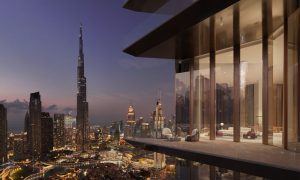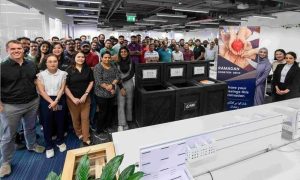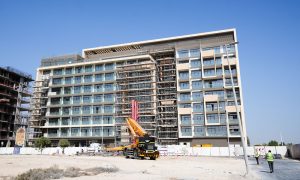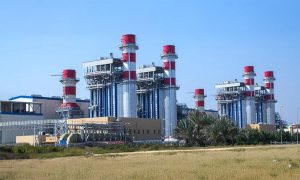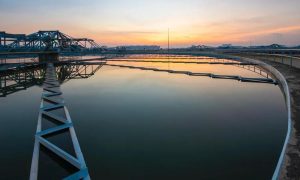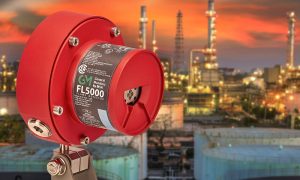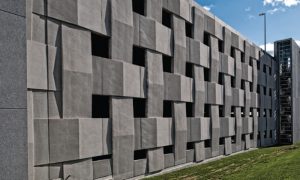Coronovirus: Lootah CEO urges property industry to think long-term to combat the disease
Saleh Abdullah Lootah outlines short-term and long-term solutions real-estate developers could observe to combat the novel coronavirus

Real Estate developer – Lootah Real Estate Development (Lootah) has noted ways in which real estate can change in-light of the novel coronavirus – COVID-19 – pandemic, listing down immediate solutions while also advising on long-term measures that can be taken by developers.
According to a statement from the developer, it outlines the changes they have done as well as recommends long-term solutions other real-estate developers could observe to combat the virus.
Saleh Abdullah Lootah, CEO of Lootah said that for short-term solutions, they have focused on stricter sanitation measures both for its occupants and staff. These include the provision of hand sanitisers in high traffic areas, limitation of people in elevators to ensure social distancing, placement of posters promoting health and safety and disinfection of surfaces that are frequently touched. It has also temporarily closed its amenities like gym, pools, sauna & spa as per the UAE guidelines in all of its properties.
“We always urge our residents and staff to practice good hygiene and staying at home whenever possible, especially when they are feeling sick. Lootah has always been committed to the safety of every tenant and employee, but right now, with the threat of the pandemic, we have taken extra precautions to make sure we contribute to alleviating its spread. We also make sure we stay up to date with the current developments in the UAE and the world so we can arrive at informed decisions on how we can make everyone safe,” he said.
According to the statement, Lootah has also advised other industry leaders to think of long-term plans to guarantee the safety of everyone against the disease, such as the development of buildings with contingent designs that may act as preventive measures in the future.
Such measures, he added, could include touch-less technology in buildings—wherein there could be automatic sliding doors and voice-activated elevators.
Furthermore, he stated that another measure that could be implemented in real estate is the installation of heat map detectors to scan the temperature of each visitor at the building entrances.
Lootah also recommended re-modelling the vent system of the building that involves air purification measures. He mentioned that the safety of its residents and staff has always been their top priority—especially in this global health threat.
He continued: “More than anything else, we care about the safety of our employees, residents, and clients. We want to make sure that we provide a healthy environment to all the parties involved in our business, because only through doing it can we ensure the continuity of business. Now more than ever, we have to prioritise the health of everyone, a reason we are supporting the government’s initiative to fight this pandemic.”
“Small initiatives like adjusting indoor environments and improving ventilation, temperature and humidity can have a positive effect against viruses. While social distancing seems to be the temporary immediate action, I believe it is reasonable for the real estate community to collaboratively think about solutions that incorporate preventive measures,” Lootah concluded.
